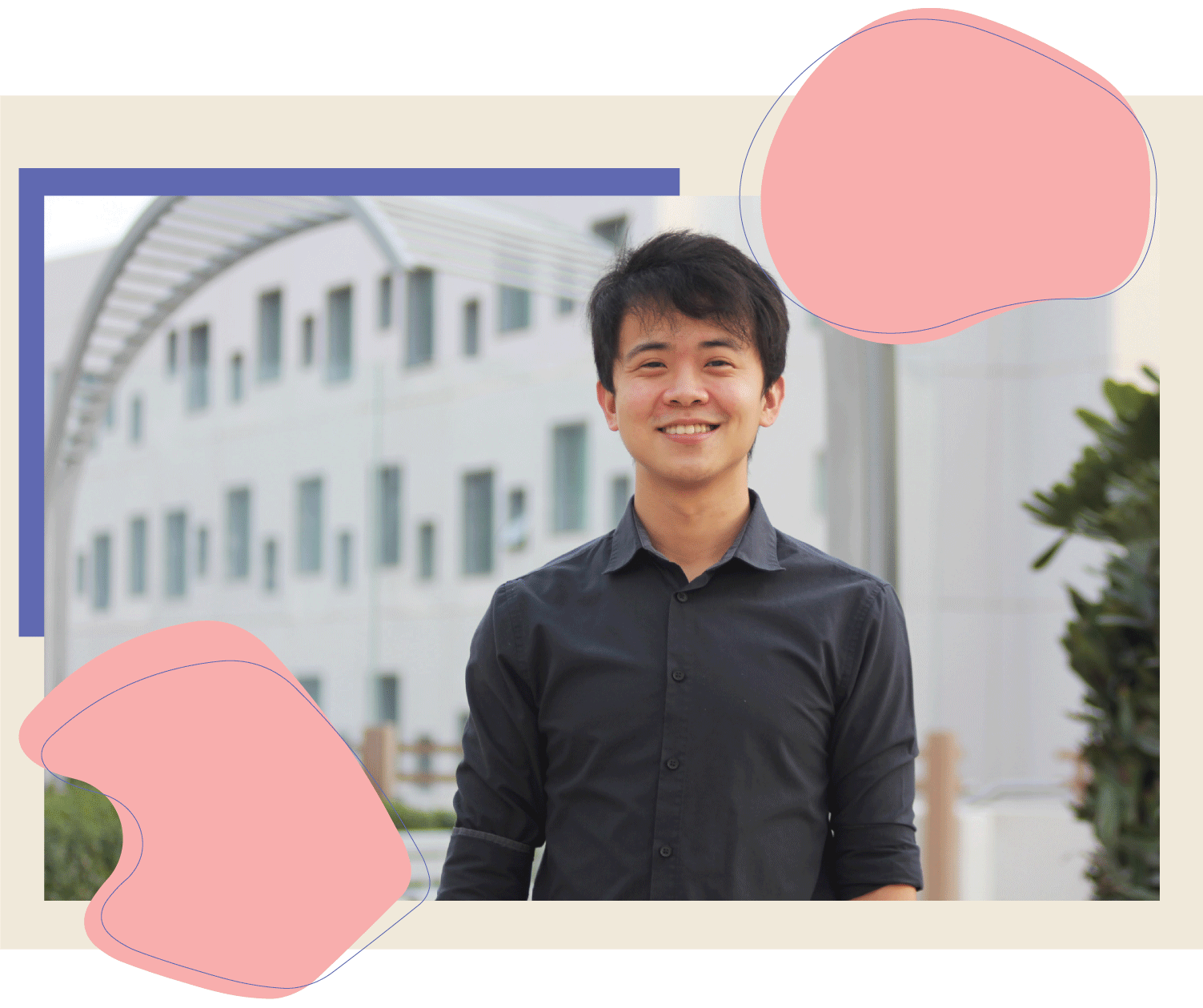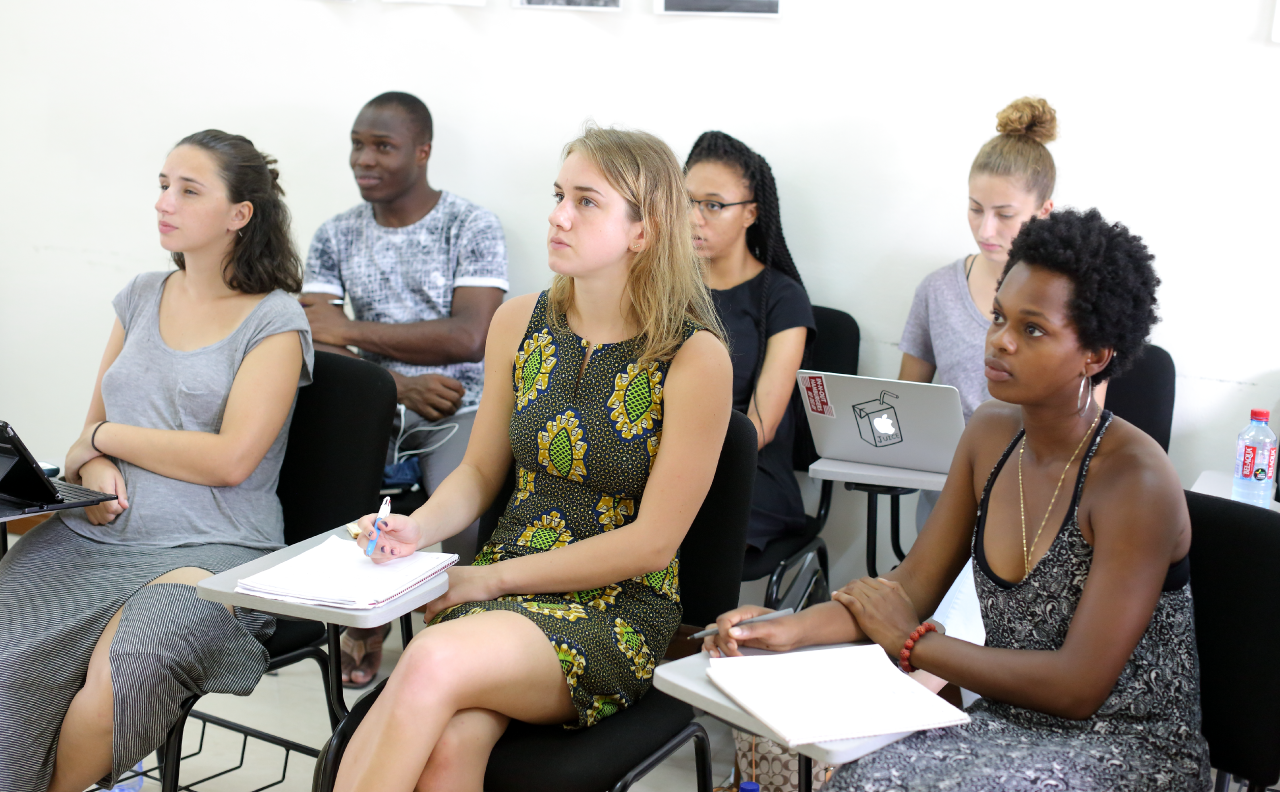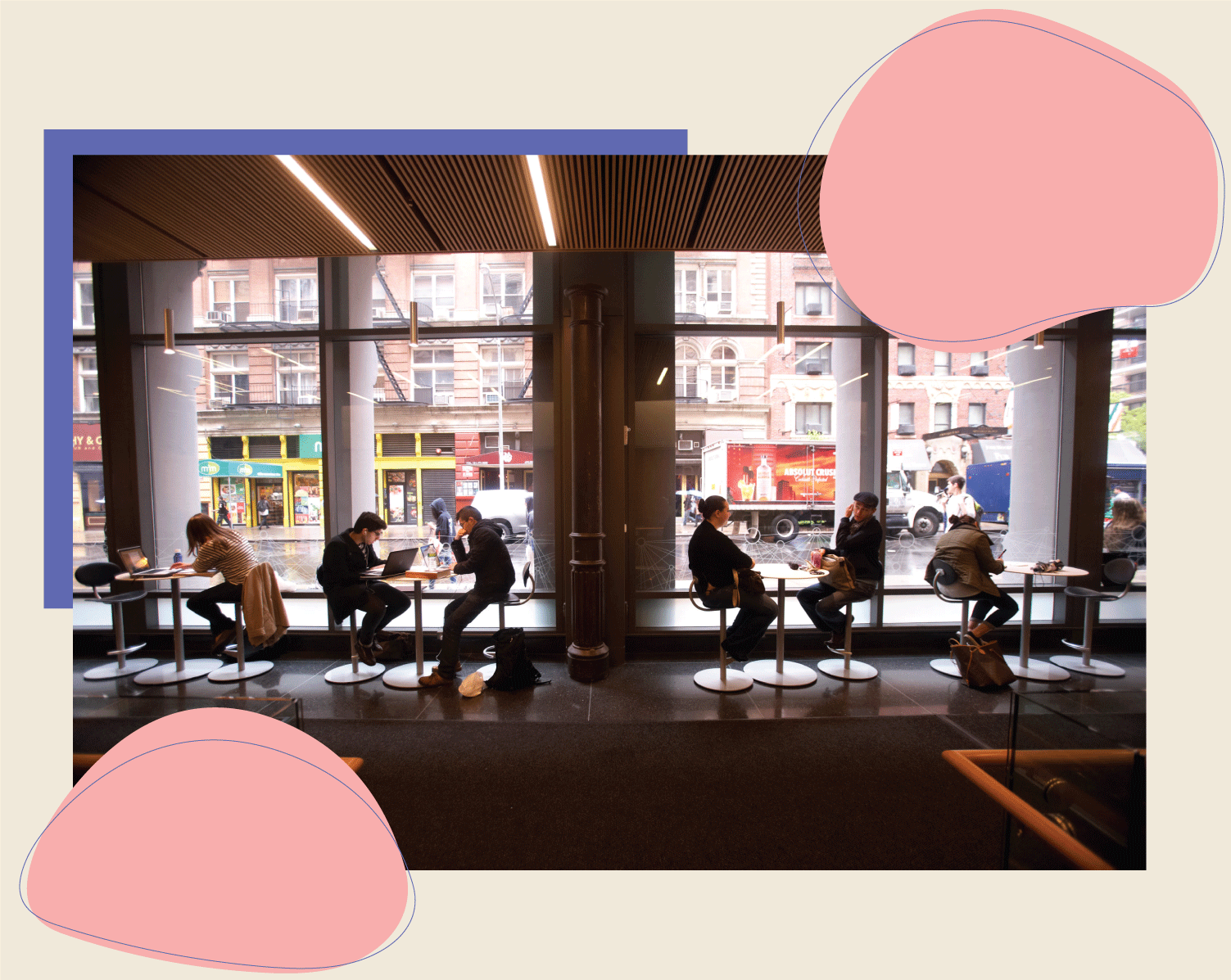
Zhong Chen (Zack) Tan, Class of 2023, first learned about Raising Empowered Advocates for Community Health (REACH) at Marhaba, NYU Abu Dhabi’s first-year orientation program. REACH is a peer-to-peer mental health resource in which students trained in active listening offer emotional support to their peers in so-called Nook sessions. The program stood out to Zack, not least because its goals were different from the mandatory military service he recently completed in his native Singapore. “It was a major contrast,” he says. “I really appreciated the encouragement to be aware of your emotional state.”
REACH felt like a natural fit to Zack, who is often told he is a good listener. In fact, a friend, who’d been struggling with anxiety, recommended him for the program following helpful conversations the two shared during Marhaba—Arabic for “welcome.” The next semester, Zack decided to train to become a Nook counselor. During his time with REACH, he has helped plan events like the popular Doggy De-Stress, which creates space for students to unwind before final exams by inviting them to interact with some furry friends. Of his work as a peer counselor in the program, he says, “While I may not be able to solve everyone’s problems, at least I can help make sure someone knows they are never truly alone in facing them.”


Finding Balance and Charting a Path Forward
Zack balances his mental health work and participation in REACH with his Social Research and Public Policy (SRPP) major and his Arabic and Public Health minors. He chose SRPP in part for its flexibility. With six required classes, the program allows students to design their own course of study. For example, Zack chose offerings in line with his goal of working in the development sector. These include Child Development and Social Policy in a Global Society, which examines the challenges faced by families and governments worldwide in raising children; Humanitarianism in Africa: A Critical History, which explores the problematic aspects of Western aid efforts; and African Women Speak, which focuses on the work of African women writers to restore their place as important players in African history, society, and culture.
When he studied abroad at NYU Accra last fall, Zack worked on a class project exploring society’s tendency to view African women only as beneficiaries of development work rather than active participants in it. During this time, he interviewed 38 local women. “I learned a lot about the development sector and the challenges African women face in playing leadership roles,” he says. “People undermine them. They don’t see them as credible. So they don’t fund them as much.” Now that he’s back in Abu Dhabi, Zack is considering basing his senior Capstone thesis on his work in Accra.

Moving Beyond Just Good Intentions
Zack’s coursework at NYU has helped him examine his own motivations for wanting to work in development after he graduates. It’s not enough “to just have good intentions,” he says. “You really need to think about how to implement those intentions to have a positive social impact.” For Zack, his work on mental health awareness and his goal to work in development are in alignment. To make progress, he believes, everyone “should be aware that, as cheesy as it sounds, it’s OK to not be OK.”
But mental health is also a growth area for the field he hopes to work in. “Many people in the development and international aid sector experience burnout,” he explains. “You’re expending a lot of your emotional energy. And you feel that all the work you’re doing is never enough.” His experience at NYU has served as a model for how to incorporate a positive attitude toward mental health into his professional goals. “Yes, there are high expectations, and there is a kind of growth that only comes with a certain level of being pushed. But at the same time,” he adds, “you have to take care of yourself.”



